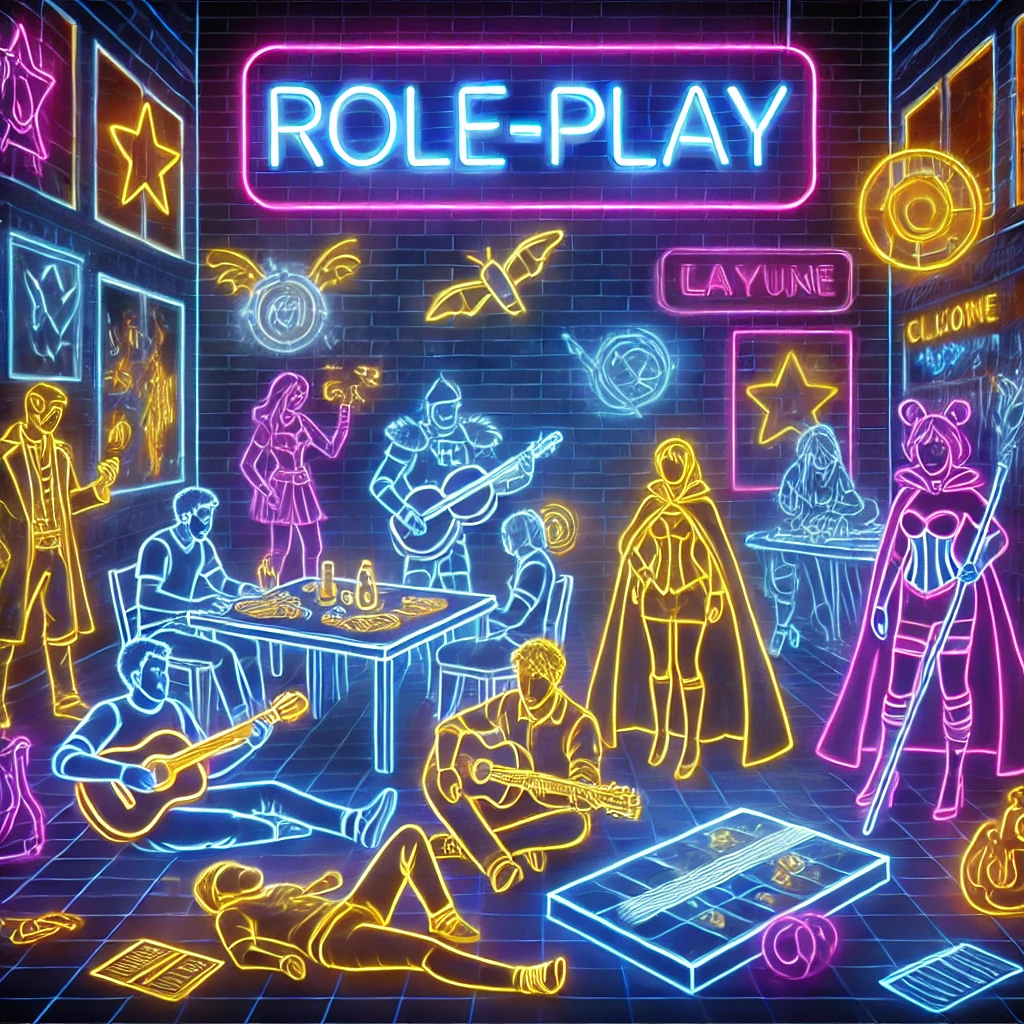Future Review

Learning Objectives
- Understand the usage, differences, and similarities of various future tenses.
- Apply future tense forms accurately in various real-life contexts.
- Develop confidence in choosing appropriate future tense forms for different situations.
Different Future Tenses
Simple Future (will + base form of the verb)
Use: The simple future tense is used for decisions made at the moment of speaking, predictions, and promises.
- Examples:
- Decision: “I will answer the phone.”
- Prediction: “I think it will rain tomorrow.”
- Promise: “I will help you with your homework.”

Future with “Going to” (am/is/are + going to + base form of the verb)
Use: This construction is used for planned actions or intentions, and predictions based on visible evidence.
- Examples:
- Planned action: “I am going to visit my grandparents next weekend.”
- Prediction based on evidence: “Look at those dark clouds; it’s going to rain.”

Present Continuous for the Future
Use: It is used to talk about future arrangements and plans. This form emphasizes that an arrangement has already been made or a plan has been decided upon and usually involves a specific time or place.
Structure:
- Affirmative: Subject + am/is/are + verb(-ing)
- Example: “I am meeting my friend tomorrow.”
- Negative: Subject + am/is/are + not + verb(-ing)
- Example: “I am not meeting my friend tomorrow.”
- Interrogative: Am/Is/Are + subject + verb(-ing)?
- Example: “Are you meeting your friend tomorrow?”
- Examples:
- Making Plans: “I am meeting John at 5 PM today to discuss the project.”
- Scheduling Appointments: “She is seeing the dentist at 3 PM on Thursday.”
- Arrangements: “They are moving into their new apartment next week.”

Here is a short but fun presentation about the future tenses and its uses.
Learning activities
Role-play Activity
- Objective: Practice using future tenses in spoken scenarios to enhance fluency and accuracy.
- Instructions:
- Pair up and pick a role-play card that describes a scenario (e.g., planning a party, discussing future career plans).
- Use appropriate future tenses to act out the scenario.
- Peers provide feedback based on tense accuracy and appropriateness.

Future Plans Presentation
Objective:
The primary objective of this activity is to enhance your abilities to articulate your future goals and plans using appropriate future tenses. It aims to boost your confidence in public speaking and improve your grammatical accuracy when discussing future intentions and predictions.
Instructions:
- Preparation (20 minutes):
- Selecting a Topic: Choose a topic related to your future plans. This could be career aspirations, educational goals, travel plans, or personal development objectives.
- Research and Outline: Spend time researching your chosen topic if necessary (e.g., requirements for a certain career, destinations for travel) and create an outline for your presentation. The outline should include:
- Introduction: Brief introduction about themselves and the significance of their chosen future plan.
- Body: Detailed description of their plans, using various future tenses:
- Simple future for intentions or decisions made at the moment of speaking.
- “Going to” for planned actions or intentions.
- Future continuous for actions that will be in progress at a specific time in the future.
- Future perfect for actions that will be completed by a certain future time.
- Conclusion: Summarize their main points and express any hopes or expected outcomes related to their plans.
- Drafting (20 minutes):
- Write a draft of your presentation based on the outline. Use the future tenses appropriately and include time expressions (e.g., next year, in five years, by 2030) to give clear timelines for your plans.
- Practice (20 minutes):
- In pairs or small groups, students practice your presentations. Peers provide feedback on clarity of content, use of future tenses, and delivery style (eye contact, voice modulation).
- Use of visual aids such as PowerPoint slides, posters, or handouts to enhance your presentation and engage the audience.
- Presentation (40 minutes):
- Presen your Future Plans Presentation to the class. You´ll have time limit (e.g., 3-5 minutes) to ensure all your peers have an opportunity to speak.
- The audience should ask questions after each presentation to foster a dynamic and interactive session.
- Feedback (10 minutes):
- After all presentations, constructive feedback will be provided on all of your performances.
- Reflect on what you learned from others’ presentations and discuss any similar goals or interests.

Future Tense Quiz
Objective:
The Future Tense Quiz is designed to assess your understanding and application of various future tenses in English. This activity aims to reinforce your knowledge of when and how to appropriately use different future constructions, such as simple future, “going to,” and modal verbs for future actions.
Instructions:
- Quiz Preparation (10 minutes):
- Design: A quiz that includes a variety of question types to test different aspects of future tense usage will be prepared.
- Content: Questions will cover:
- Choosing the correct future tense form for given scenarios.
- Rewriting sentences using a different future tense.
- Identifying errors in the use of future tenses in sample sentences.
- Explaining the use of different future tenses in specific contexts.
- Conducting the Quiz (20 minutes):
- The quiz will be distributed to you
- A clear time limit will be set to complete the quiz, ensuring that it provides enough challenge but is also achievable within the time frame.
- Review and Discussion (20 minutes):
- Each question and the correct responses will be discussed, explaining why each specific future tense is used in various contexts.
- Interactive Review Game (20 minutes) for the teacher:
- To reinforce learning in a fun and engaging way, organize a quick review game following the quiz. Use a game format like Jeopardy or Bingo where questions are based on the quiz content.
- Students can play in teams to promote collaborative learning. Each team answers questions related to future tenses, earning points for correct answers.
- Feedback and Reflection (10 minutes)

